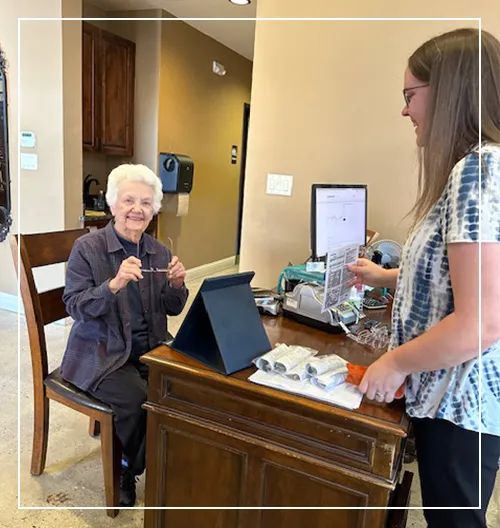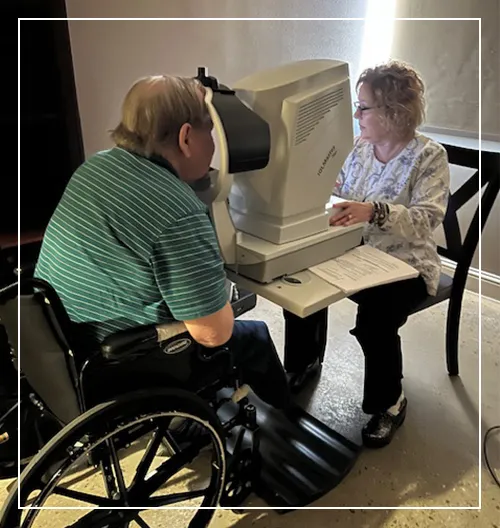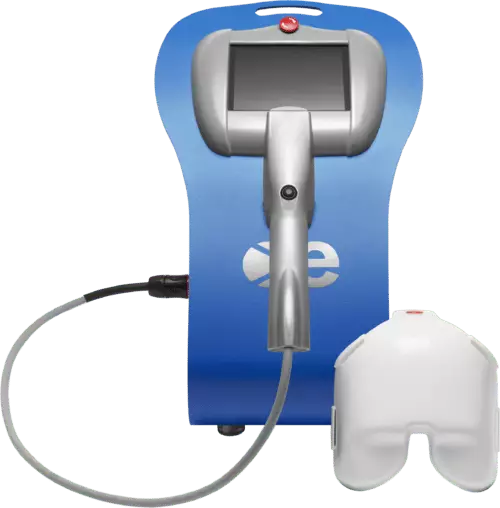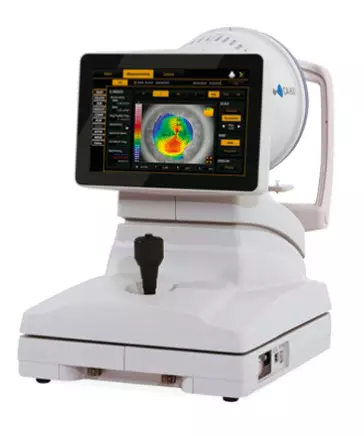Dry Eyes And Allergies

Dry Eyes and Allergies
Finding Relief for Irritated Eyes
When you have dry eyes and conjunctivitis from allergies, it can affect your eye health and make you feel unhealthy and uncomfortable. Nicki Sayani, MD, and the team at the North Texas Center for Sight in Denton, Texas, offer medical management of your dry eyes and allergies. For a consultation and relief, call or schedule an appointment online today.
What Are Dry Eyes?
Dry eye is a condition that happens when you don’t produce enough tears or you produce poor-quality lubricating tears. Your eyes produce tears for lubrication and tears in response to emotion, eye irritation, or allergies. Oddly, your eyes may excessively water when you have dry eyes because you don’t produce enough lubricating tears and irritation causes an increased amount of non-lubricating damages.
Dry eyes may cause symptoms such as:
- Burning
- Irritation
- Redness
- Blurry vision
- Scratchy feeling
- Increased light sensitivity
- Excess tearing
How can allergies affect my eyes?
If you have red, inflamed, irritated eyes, you may be sensitive to seasonal or environmental allergens. Allergic conjunctivitis, or inflammation of the membrane lining under the eyelids, is not uncommon and is often confused with infectious conjunctivitis. What most people call “pink eye” is the infectious type of conjunctivitis and typically only affects one eye.
Allergic conjunctivitis affects both eyes and may cause symptoms such as:
- Redness
- Itching
- Swelling
- Excessive tearing

What are the treatments for dry eye or allergies?
Over-the-counter artificial tears may help improve your dry eye symptoms. In some cases, you may need prescription-strength eye drops and further testing to see if you have more serious underlying causes for your dry eyes.
For eye-related allergic reactions, avoiding allergens, applying cold compresses, and using artificial tears may improve your symptoms. You may need prescription-strength anti-allergy eye drops if your symptoms don’t improve.
In most cases,
dry eye and allergic conjunctivitis is easily treatable and not of significant concern or danger to your eye health. The team at the North Texas Center for Sight is knowledgeable and experienced in treating and diagnosing these and more serious causes for your symptoms.
If you have symptoms of dry eyes or allergic conjunctivitis, call or schedule an appointment online with the North Texas Center for Sight, today.
Discover Enhanced Ocular Care with EPI–C PLUS IPL
We are thrilled to announce the arrival of EPI–C PLUS IPL, the newest addition to our clinic’s arsenal of cutting-edge equipment. EPI–C PLUS IPL represents a significant leap forward in ocular therapy, offering advanced treatment options for a wide range of anterior segment disorders.


Elevating Diagnostic Precision with CA-800 Corneal Analyzer
We’re excited to introduce the latest addition to our clinic’s diagnostic arsenal – the CA-800 Corneal Analyzer. This state-of-the-art device represents a significant advancement in corneal assessment technology, empowering our practitioners to deliver more accurate diagnoses and personalized treatment plans for our patients.
